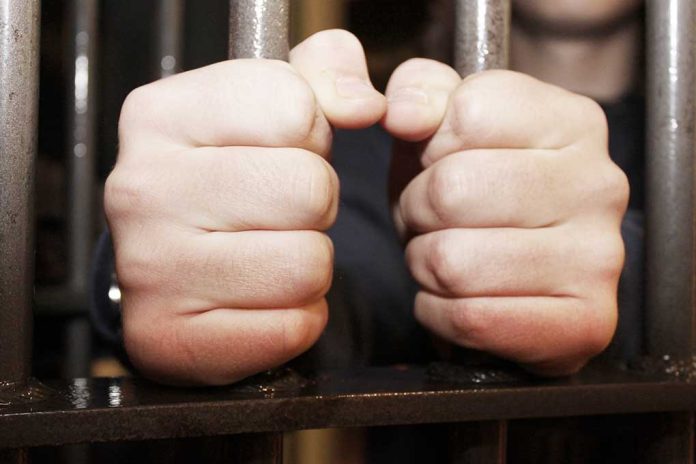
Silentó, known for 2015’s viral hit “Watch Me (Whip/Nae Nae),” has been sentenced to 30 years in prison after pleading guilty but mentally ill to the voluntary manslaughter of his cousin, marking a tragic end to the rapper’s downward spiral from teenage stardom.
Key Takeaways
- Rapper Silentó (Ricky Lamar Hawk) received a 30-year prison sentence for killing his cousin Frederick Rooks in January 2021
- He pleaded guilty but mentally ill to voluntary manslaughter, aggravated assault, possession of a firearm during a felony, and concealing death
- Security footage and GPS data linked Silentó’s BMW to the crime scene, and he confessed 10 days after the incident
- The case highlights Silentó’s documented struggle with mental illness following his 2015 rise to fame
- Prior to the killing, Silentó had multiple arrests for domestic violence and dangerous driving
From Viral Fame to Tragedy
Silentó skyrocketed to fame in 2015 when his debut single “Watch Me (Whip/Nae Nae)” reached No. 3 on the Billboard Hot 100 and became a cultural phenomenon, particularly on the now-defunct social media platform Vine. The dance craze propelled the then-teenager to instant celebrity status. However, the rapid ascent to fame appears to have coincided with deteriorating mental health issues that would ultimately contribute to a series of legal troubles. What began as a promising music career quickly devolved into a pattern of erratic behavior, arrests, and ultimately, a fatal shooting that shocked fans and the music industry alike.
The Fatal Shooting and Legal Proceedings
In January 2021, DeKalb County Police discovered Frederick Rooks with multiple gunshot wounds. The investigation quickly led to Silentó, whose BMW was linked to the crime scene through security footage and GPS data. The rapper confessed to the killing ten days after the incident. Initially charged with malice murder, Silentó accepted a plea deal reducing the charge to voluntary manslaughter. He also pleaded guilty to aggravated assault, possession of a firearm during a felony, and concealing the death of another, while a separate felony murder charge was dropped as part of the agreement.
“Depression doesn’t leave you when you become famous, it just adds more pressure,” said Silentó, Rapper.
Mental Health Struggles and Prior Legal Issues
Silentó’s defense focused heavily on his documented mental health struggles. In the years leading up to the fatal shooting, the rapper had been vocal about his battles with depression and other mental illnesses. These issues manifested in increasingly concerning behavior, including a suicide attempt in 2020. His legal troubles began piling up well before the fatal shooting, with arrests for domestic violence and assault with a deadly weapon in 2020. In another incident that same year, he was caught speeding at 143 mph on an Atlanta highway, further demonstrating his increasingly erratic behavior.
“Over the past several years, Ricky has been suffering immensely from a series of mental illnesses,” she wrote. “We will continue in his efforts of treatment, but we ask in the meantime the public uplift him and his family in immediate prayer & positive energy!!” said Chanel Hudson, Publicist.
Impact on Families and the Intersection of Fame and Mental Health
The sentencing has elicited mixed reactions from Rooks’ family members, with some expressing sympathy for both parties involved. One of Rooks’ siblings simply stated, “I’m sorry for both sides,” reflecting the complex emotions surrounding this tragedy. Silentó will serve 30 years in prison with credit for time served since February 2021. This case starkly illustrates the destructive potential when mental health issues go untreated or are exacerbated by the pressures of fame, especially for those who achieve it at a young age. The entertainment industry continues to grapple with how to better support artists whose rapid rise to celebrity status places them under immense pressure.









